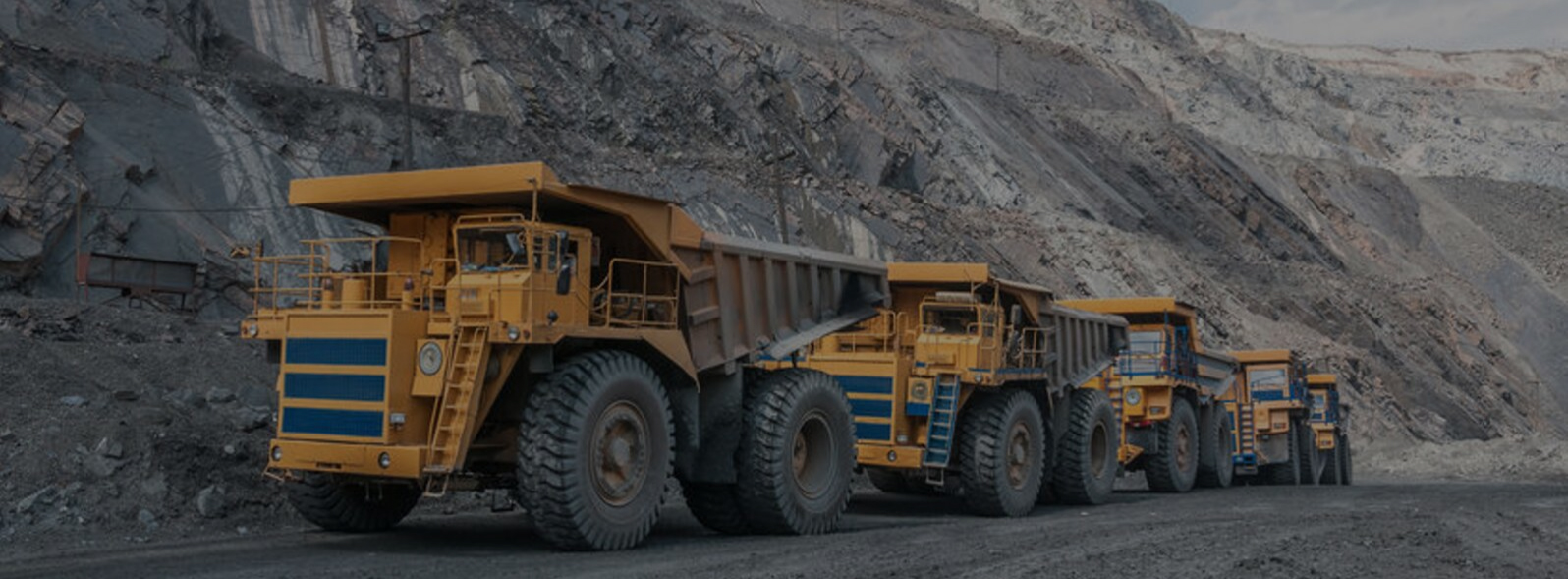Offering great pay and benefits, as well as the opportunity to see the country, FIFO jobs are an attractive option for many. It’s important to know the good and the bad of FIFO work, so you can make an informed choice about whether or not it’s the right career lifestyle for you.
What is FIFO?
FIFO work involves employees travelling to a remote location for a period of time to perform their duties before returning home. FIFO workers usually stay in the same accommodation, between shifts and typically have access to modern amenities like restaurants, gyms and entertainment.
FIFO is often used in the mining industry but can also be found in other areas such as construction, energy industries and oil and gas industry.
This career choice has become increasingly popular in Australia over the last couple of decades due to the high wages and attractive benefits FIFO workers receive.
Pros of FIFO jobs
There are many reasons FIFO jobs have become increasingly popular in Australia.
Freedom to live where you choose
FIFO jobs offer the freedom to live wherever you want, giving you the opportunity to maintain your community ties, family connections, and enjoy the lifestyle you love without sacrificing career prospects.
If you live outside the major cities where work opportunities are limited, choosing to work in a FIFO gives you more career options and access to better pay and benefits. Even if you do live in a state capital, a FIFO lifestyle means you can work in just about anywhere in Australia, meaning you don’t have to relocate yourself or your family if your job changes.
Generous annual leave entitlements
Because you’re usually required to work long hours while you’re on roster, many FIFO roles get extra leave entitlements than regular jobs. This gives you the chance to take longer breaks to recharge and spend quality time with your loved ones. For instance, if you have family commitments or special occasions that require extended time off, such as the birth of a child, you can take the time off without worrying about missing out on pay or promotions. Having more annual leave means you can travel or explore new destinations, and really make the most of getting extra time away from work.
Top-notch living facilities
FIFO has really taken off over the last couple of decades, and workers are no longer living in tents or low-quality demountables. Companies understand that comfortable living experience can also help to reduce stress and boost morale, meaning less turnover for them and better FIFO living conditions for you.
Many remote mining and construction sites offer high-quality living facilities that are designed to make your stay as comfortable as possible. These facilities can include modern accommodation, healthy dining options, and recreational activities such as gyms, swimming pools, or recreation areas. Attractive pay and benefits
Attractive pay and benefits
Most FIFO jobs are tough jobs that require skilled and qualified workers, like heavy vehicle operators, licenced trades and engineering. These types of roles often have significantly higher pay rates than their metropolitan counterparts, plus other benefits like extra superannuation, overtime pay, and travel allowances. Many companies also offer site allowances to cover the tough working conditions or higher-risk nature of the work.
Complete separation from work and personal life
Being able to literally fly away from your workplace can give you a complete separation between your work and personal life. This means you can focus solely on work while you are on site. It’s also much better for your mental health, if you struggle to switch off from work. Being unable to work when you’re not physically allows you to enjoy your personal time. You’re also more likely to return to work feeling recharged and refreshed.
Cons of FIFO
Long shift hours & rosters
FIFO jobs often require long shift hours, which can be physically and mentally demanding. Rosters can be irregular and may include working weekends or public holidays, which might not suit everyone’s lifestyles. If you’re not disciplined, you might find it difficult to maintain a consistent routine or spend quality time with loved ones. For example, if you work in the oil and gas industry, you may work 12-hour shifts for 14 days straight, or even longer. This can be challenging for those with family commitments or those who prefer a stable work-life balance.
Harsh environments in mining
For those working in the mining industry, the environments can be harsh and remote. The work can be physically demanding and expose you to potential safety hazards, such as dust, noise, and vibration. Working in conditions like open-cut mines puts you in extreme temperatures, such as extremely hot summer days where the temperature reaches 45 degrees, or below freezing winter nights. This can be challenging if you’re not used to working in such harsh conditions.
Long stints away from home
FIFO jobs can involve long stints away from home, which can be difficult for some people to manage. This can be especially challenging if you have young children or who have ageing parents who require care. This can be a difficult adjustment for those who prefer to have regular contact with their family or who enjoy being part of their community.
Difficult to get to know people
One of the challenges of working in a FIFO job is that it can be difficult to get to know people outside your work. This is because you may not have the opportunity to participate in social activities or events in your local community. This can lead to feelings of isolation or loneliness, especially for those who are new to the area. For example, if you work on a fly-in-fly-out mine site, you may find that it is challenging to form lasting friendships with colleagues, as you only see them during work hours.
How get ahead of the competition when applying for FIFO jobs
To stand out in the FIFO job market, you need to demonstrate that you have the necessary skills and experience to do the job. You should also be able to show that you are flexible and willing to take on additional responsibilities if required. Additionally, it is important to highlight any FIFO-specific qualifications or certifications that you have obtained, as this will help demonstrate your commitment to the FIFO lifestyle.
Get your RPL in mining related jobs
Recognition of Prior Learning (RPL) is a great way to demonstrate that you have FIFO-specific qualifications and certifications. With Skills Certified, you can get formal recognition for your skills in FIFO related jobs like mining. This can include trades such as electrical, diesel fitting and gasfitting and even painting. We’ll help you with the RPL process by checking your skills, helping you find a suitable qualification for RPL and matching you with a Registered Training Organisation (RTO). We’ll even help you put together a portfolio of evidence to show your skills.
With Skills Certified, you get certified for the skills you have, so you can apply for FIFO related occupations that require a qualification or trades licence.
Take our free 60 seconds skills check to find out if you’re eligible for RPL.
















